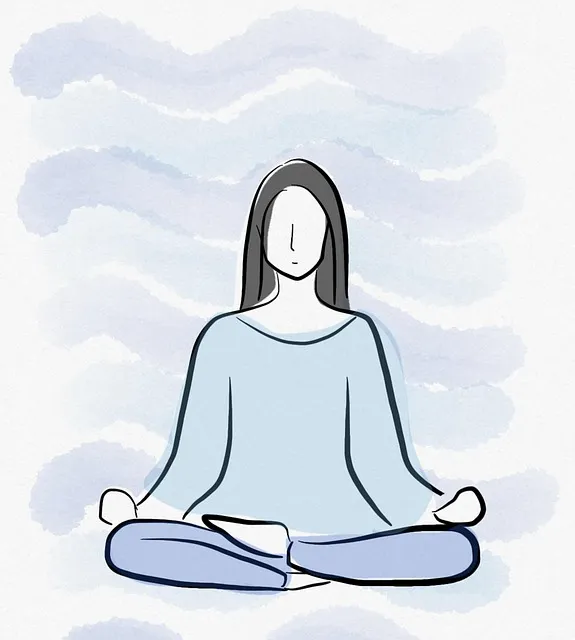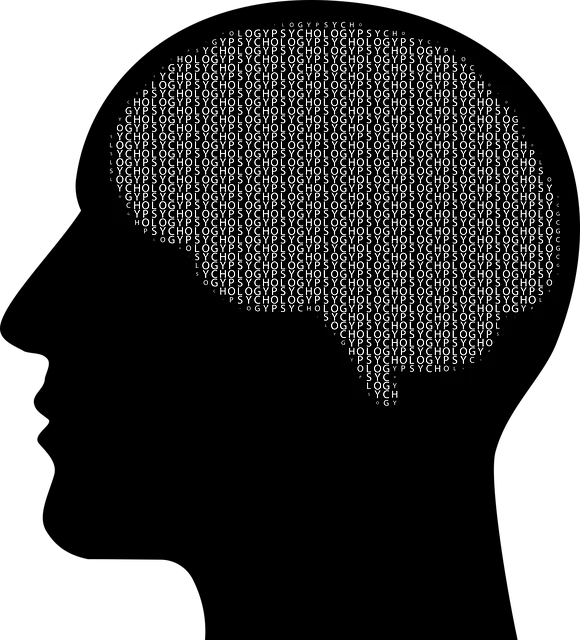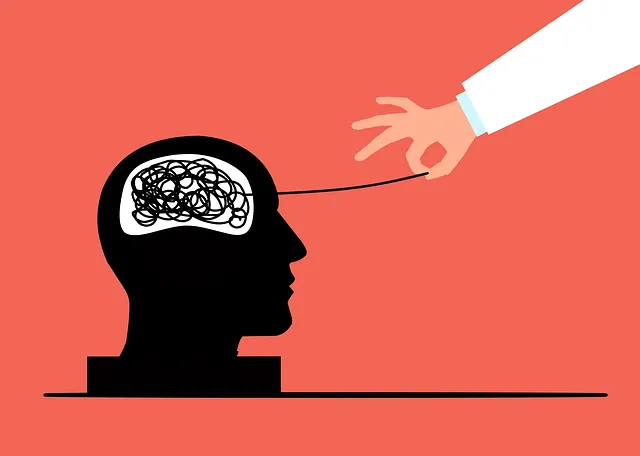The Lafayette Kaiser Permanente behavioral health center prioritizes nurturing environments in mental wellness groups through open communication, clear boundaries, and confidentiality. Facilitators emphasize empathy, active listening, and personalized self-care routines to create a supportive atmosphere, prevent burnout, and improve mental health. Clear ground rules and crisis intervention techniques further ensure a safe, non-judgmental space for members to openly explore their mental wellness journeys, fostering resilience and meaningful connections.
At the Lafayette Kaiser Permanente behavioral health center, effective mental wellness group facilitation techniques are instrumental in fostering supportive communities for individuals seeking growth and healing. This article explores essential strategies for facilitators aiming to create a safe, engaging, and therapeutic environment. From establishing trust through welcoming atmospheres and clear ground rules to employing active listening and facilitating meaningful discussions, these techniques empower facilitators to guide groups toward positive outcomes.
- Establishing a Safe and Supportive Environment
- – Creating a welcoming atmosphere
- – Setting ground rules and expectations
Establishing a Safe and Supportive Environment

Creating a safe space is paramount when facilitating mental wellness groups, and the Lafayette Kaiser Permanente behavioral health center exemplifies this approach. By fostering an environment that encourages openness and trust, group facilitators can allow participants to feel comfortable sharing their experiences and insights. This involves establishing clear boundaries, ensuring confidentiality, and promoting active listening among peers.
A supportive atmosphere further enhances participation by emphasizing empathy, understanding, and non-judgment. Encouraging self-care routine development for better mental health is a key strategy here, where facilitators can guide members to discover personalized coping mechanisms, ultimately contributing to burnout prevention within the group setting.
– Creating a welcoming atmosphere

At the Lafayette Kaiser Permanente behavioral health center, creating a welcoming atmosphere is paramount to effective group facilitation. Techniques such as active listening and open-ended questions foster an environment where participants feel seen, heard, and respected. Facilitators should model compassion cultivation practices, demonstrating empathy and understanding towards each individual’s unique experiences and struggles. This not only encourages honest sharing but also strengthens the bond among group members, making them more receptive to emotional healing processes.
By utilizing Crisis Intervention Guidance, facilitators can skillfully navigate sensitive discussions while ensuring everyone feels safe and supported. A warm and non-judgmental space allows individuals to explore their mental wellness journeys openly, enabling meaningful connections and peer support. This inclusive atmosphere is key to unlocking the full potential of group sessions, promoting healing, and cultivating resilience among participants.
– Setting ground rules and expectations

At the Lafayette Kaiser Permanente behavioral health center, effective group facilitation begins with establishing clear ground rules and setting expectations. This initial step is vital in creating a safe and supportive environment for all participants. Facilitators should encourage open communication and active listening among members, fostering an atmosphere where everyone feels comfortable sharing their experiences and perspectives. By promoting respectful interactions, facilitators can mitigate the impact of mental illness stigma reduction efforts within the group setting.
Moreover, outlining specific ground rules—such as confidentiality, punctuality, and active participation—helps participants understand their roles and responsibilities. These guidelines ensure that the Mental Health Education Programs Design is structured, allowing for a more productive exchange of ideas and emotional support. When executed well, this approach can enhance overall group dynamics and encourage members to engage in meaningful conversations, ultimately benefiting their mental wellness journeys.
Group facilitation techniques, as demonstrated by the practices at the Lafayette Kaiser Permanente behavioral health center, are powerful tools for enhancing mental wellness. By establishing a safe and supportive environment through welcoming atmospheres and clear ground rules, facilitators create a space where individuals feel comfortable sharing their experiences and fostering meaningful connections. These strategies not only promote open communication but also empower participants to navigate their mental health journeys with increased confidence and resilience.






